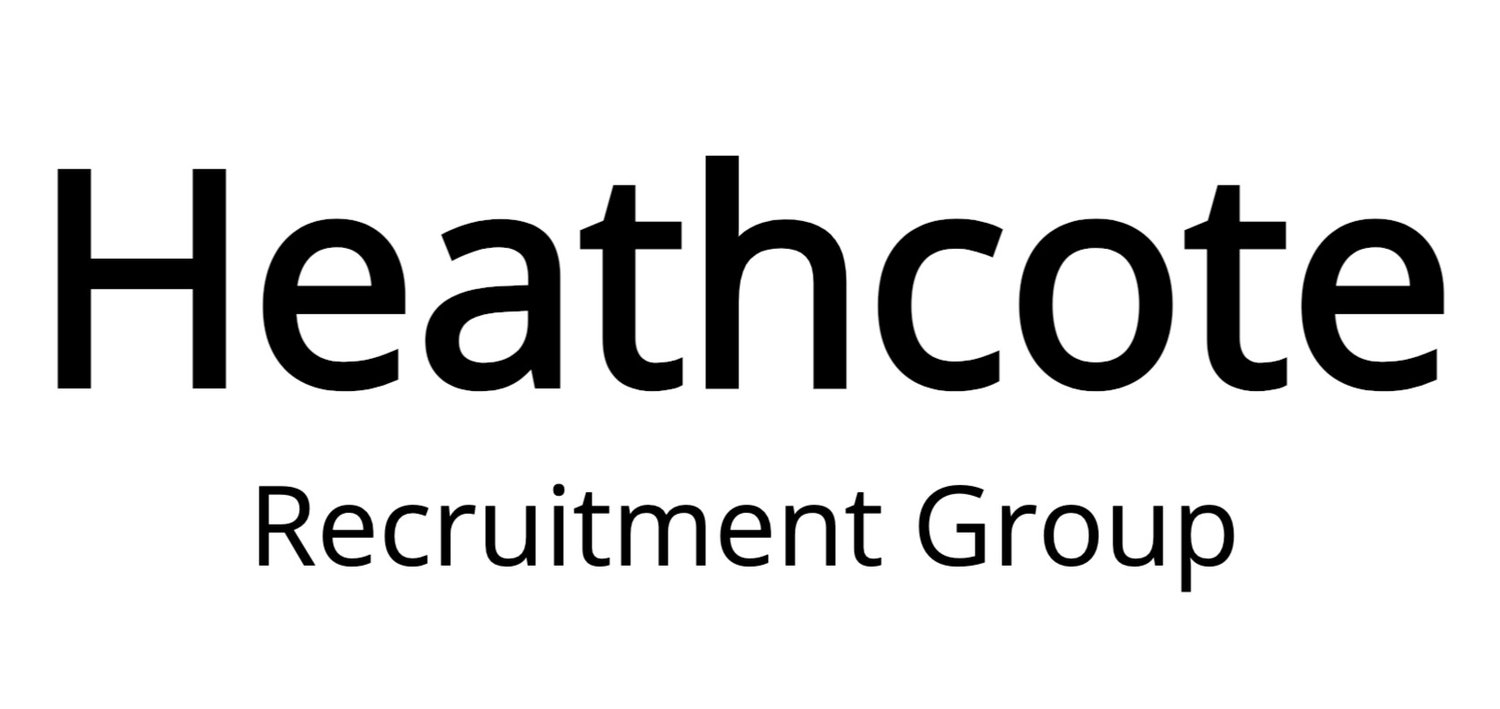Getting a degree can put your career on a strong footing, although it’s not the only thing your future employer will be looking for. In a competitive jobs market, you’ll also need to build – and then showcase – the right skills to secure that all-important first role.
No matter how tempting it is to talk up minor achievements on your CV and during an interview, always strive for truth and substance over style. This is why it is essential to plan ahead and put in the hours well before graduation day.
The starting point for any ambitious graduate is getting a good degree classification. We would certainly be worried if a candidate, applying for their first job after university, had only managed to scrape a 2:2 (yes, the drinker’s degree). Unless there are extenuating circumstances – or they have gained significant work experience while studying – it normally rings alarm bells about their commitment, maturity, organisation and passion for a subject.
The next step is to highlight any skills that would make you an asset to the company. For example, while essay writing probably took up a lot of your time at university, and made the biggest contribution to your degree classification, it is unlikely to be something you do day-to-day at work. So, rather than listing ‘essay writing’ on your CV, pull out the specific skills you learned during the process, such as time management, working to deadlines, research, communication and analytical thinking.
On top of a good degree, ambitious graduates will also get as much work experience as possible, particularly if they have chosen a popular profession like marketing, journalism or TV.
While many students undertake a placement as part of a sandwich year, managers are always impressed by someone who proactively seeks out opportunities independently.
Juggling academic studies with working part-time in a café or shop is no mean feat and prospective employers know this. Even if the role is not directly relevant to your chosen career, you’ll have picked up plenty of invaluable skills along the way, including team working and dealing with customers.
Then, of course, there is the voluntary work you might have been involved in, whether abroad during the holidays or as part of a project organised by the NUS. In fact, any extracurricular activities will help you stand out, so always include details in your CV. In a competitive role, like sales and recruitment, sporting achievement demonstrates you have grit and determination, while someone who has travelled widely or is passionate about art and design could bring insight and ideas to a creative role.
It goes without saying that CVs should be clear, engaging and easy to read. If you are applying for a job in the creative industries, you could even wow the hiring manager with a video presentation or interactive graphic.
However, as we stressed above, nothing is more important than putting in the time to develop your skills in the first place. An eight-week placement with a respected and well-known firm is a powerful way to learn how a real business is run – and you never know, you may even be offered a permanent job with the company at the end.
To find out about the latest career opportunities with ESA Group, keep an eye on our blog and LinkedIn page.

